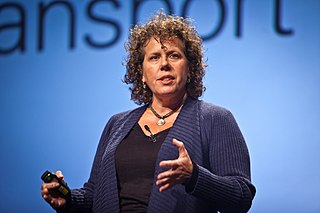A Quote by John Collison
One of the really fascinating areas is marketplaces that take advantage of mobile devices. Ridesharing is the obvious example, but that's just the start of it, of selling goods and services with lightweight mobile apps.
Related Quotes
I'm excited about mobile; clearly that's important. Mobile devices are kind of at the opposite end of PCs, in that PCs are pretty open and you can do a fair amount with them, but many mobile devices aren't. We're excited at the idea that we can make the same kind of contribution in the mobile space. So that's one thing coming down the pike.
If you believe that the mobile phone is the next supercomputer, which I do, you can imagine a datacenter that is modeled after, literally, hundreds or thousands or millions of mobile phones. They won't have screens on them, but there'll be millions of lightweight mobile-phone processors in the datacenter.
The company [Microsoft] really has to chart a direction in mobile devices. Because if you're going to be mobile-first, cloud-first you really do need to have a sense of what you're doing in mobile devices. I had put the company on a path. The board as I was leaving took the company on a path by buying Nokia, they kind of went ahead with that after I told them I was going to go. The company, between me and the board, had taken that sort of view. Satya, he's certainly changed that. He needs to have a clear path forward. But I'm sure he'll get there.
We are very pleased with Vodafone's decision to adopt Windows Mobile as a preferred software platform for its mobile business. Together, we will deliver services which we expect will help Vodafone achieve cost-efficiencies while delivering new propositions to its customers, thus making Windows Mobile an even more compelling platform.
































